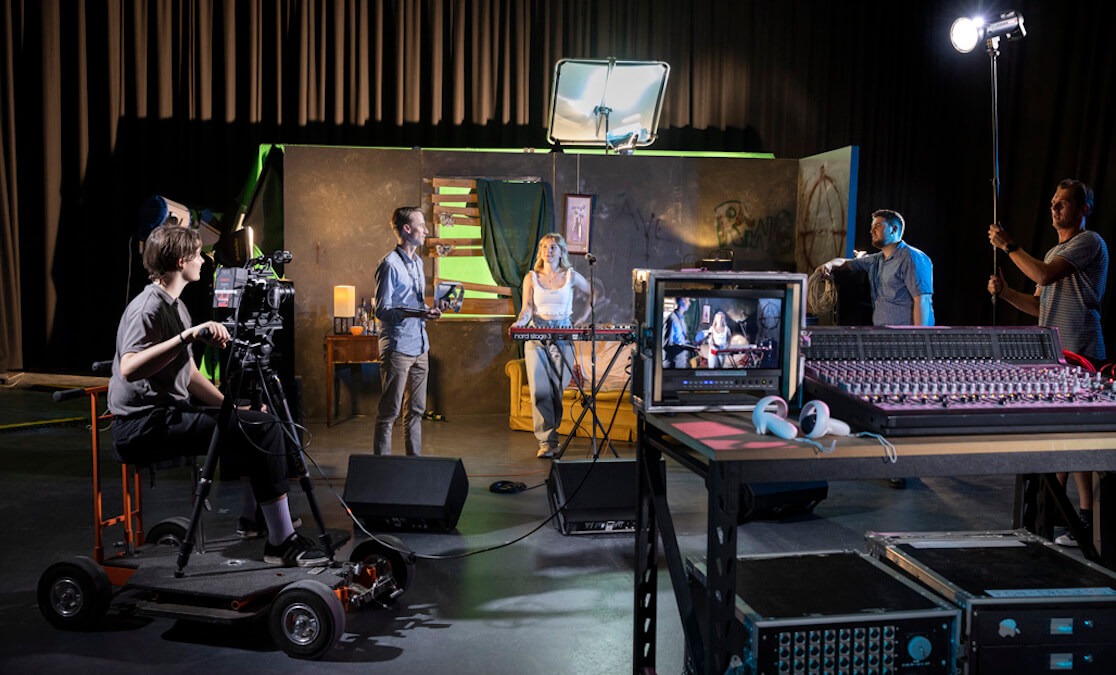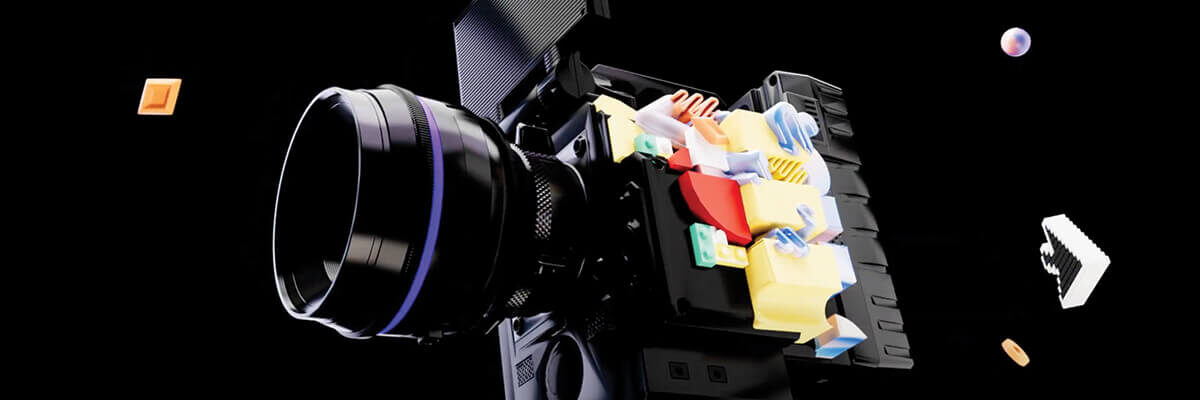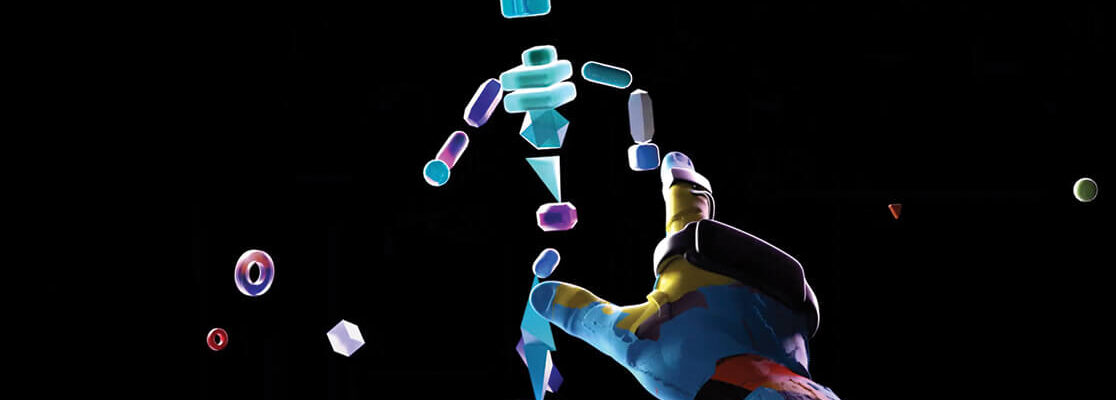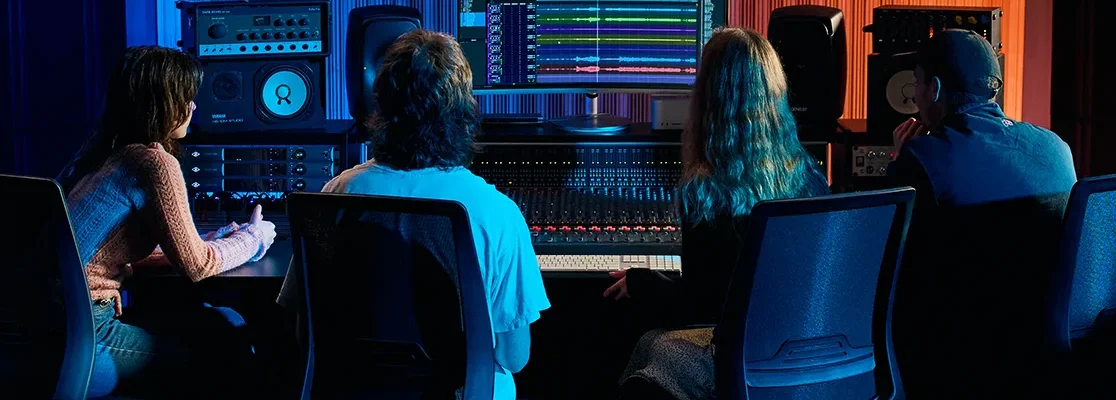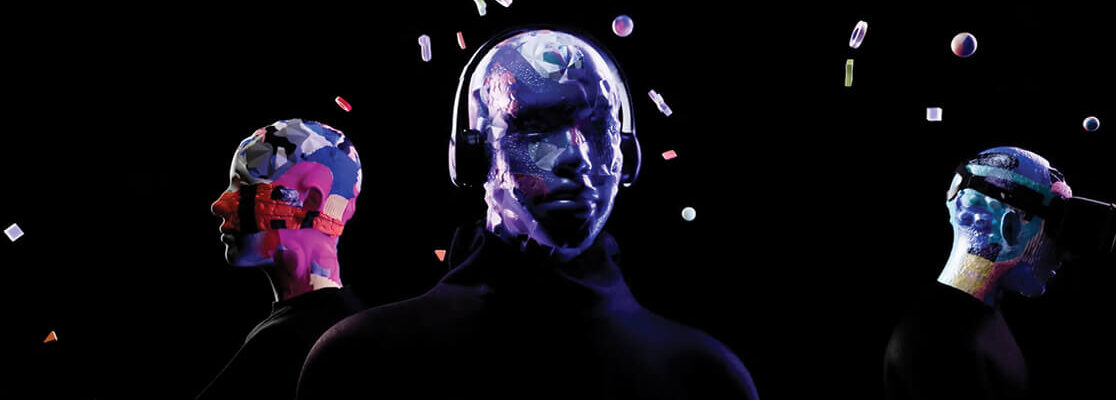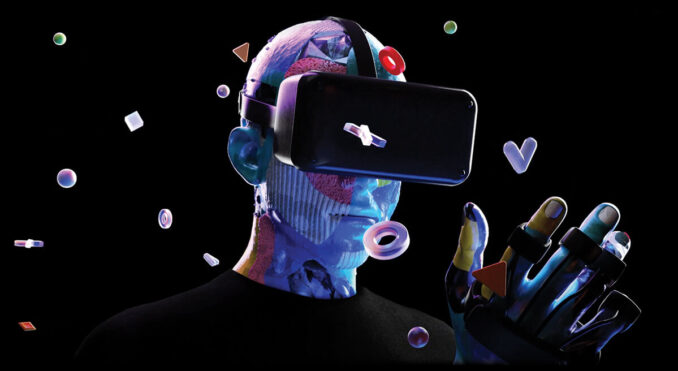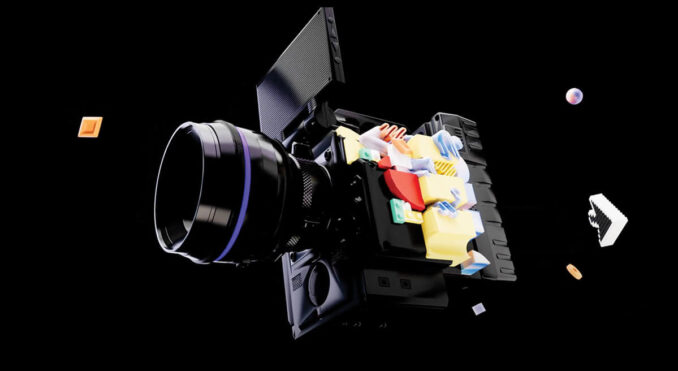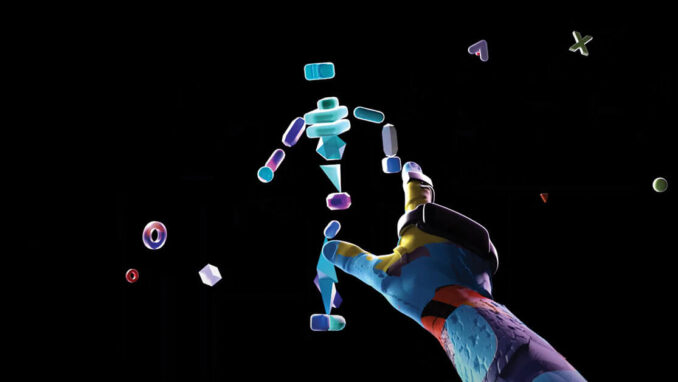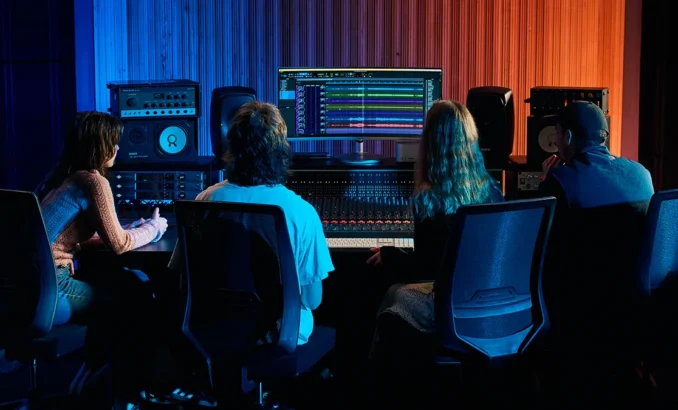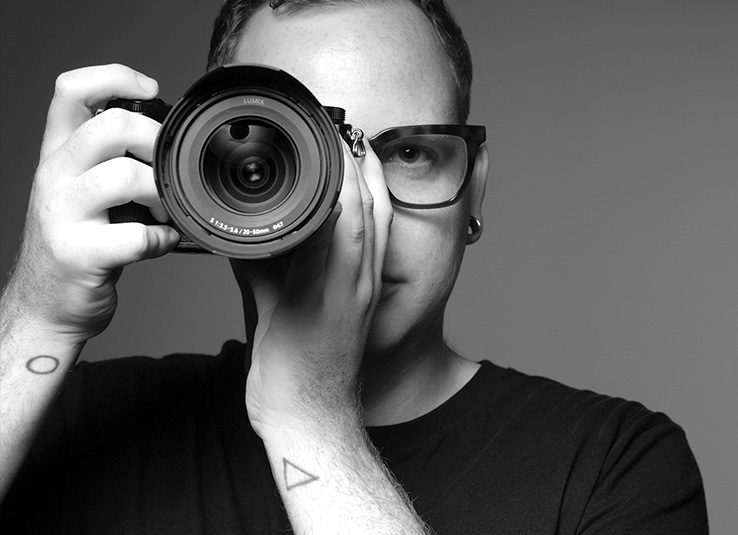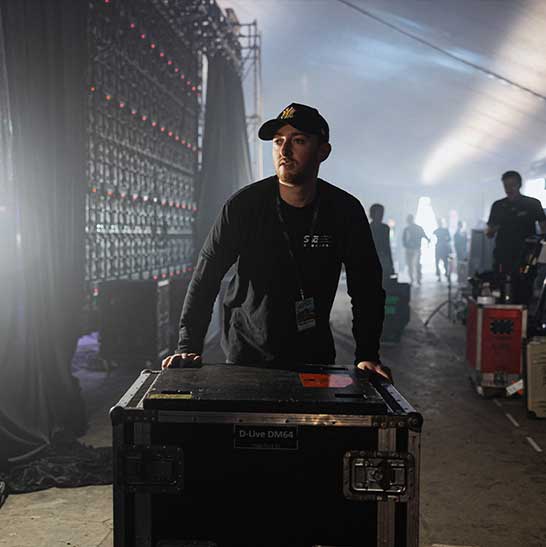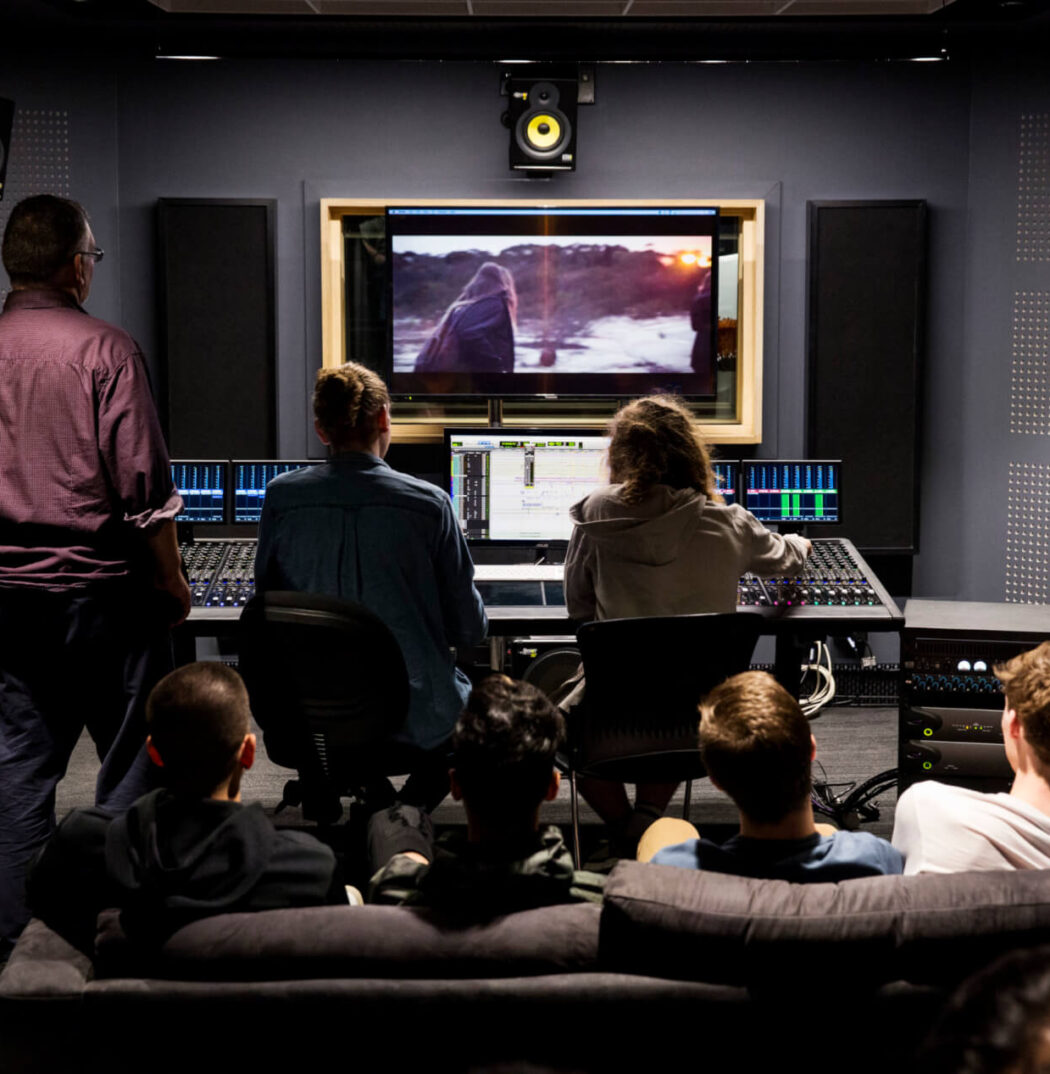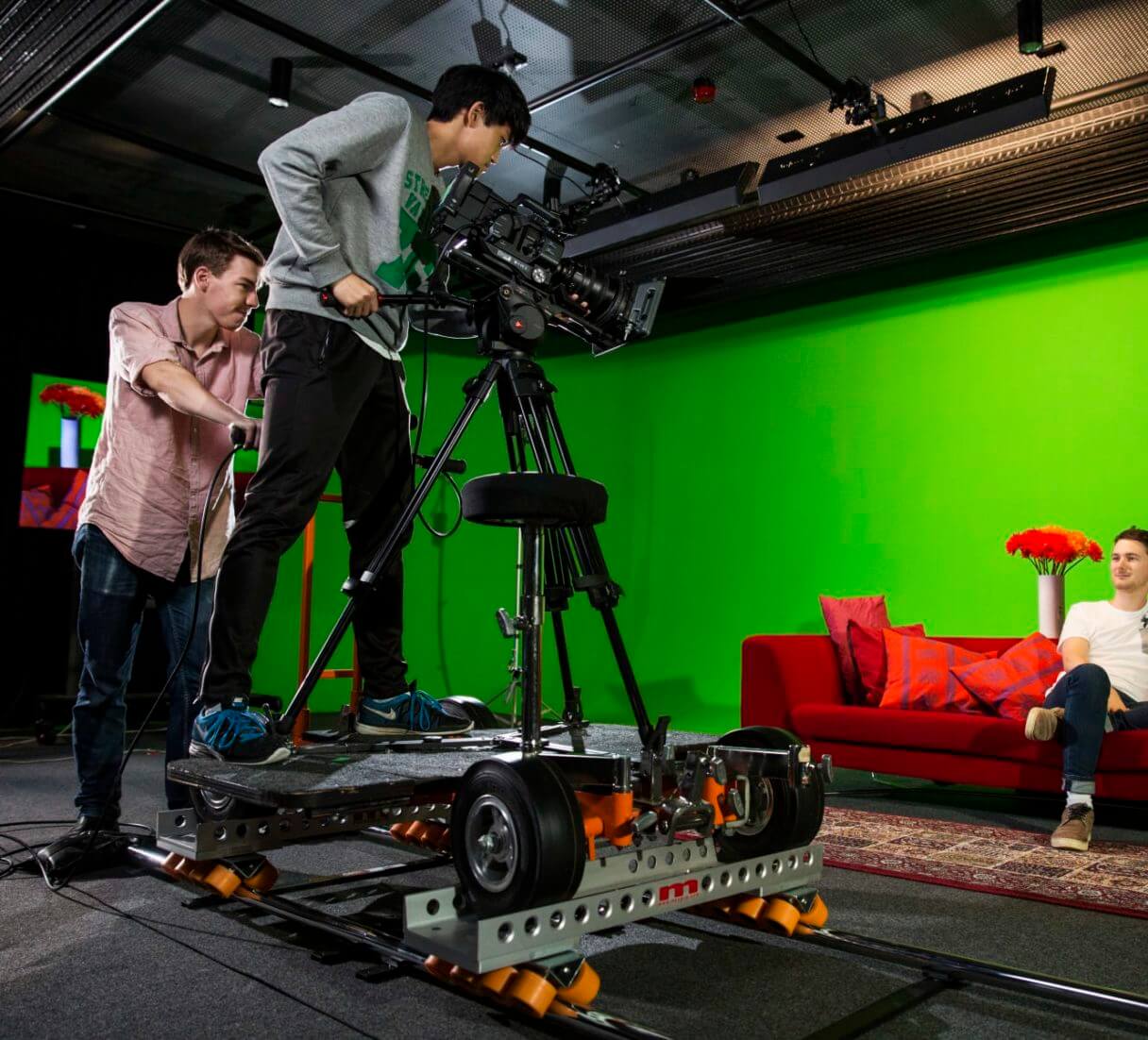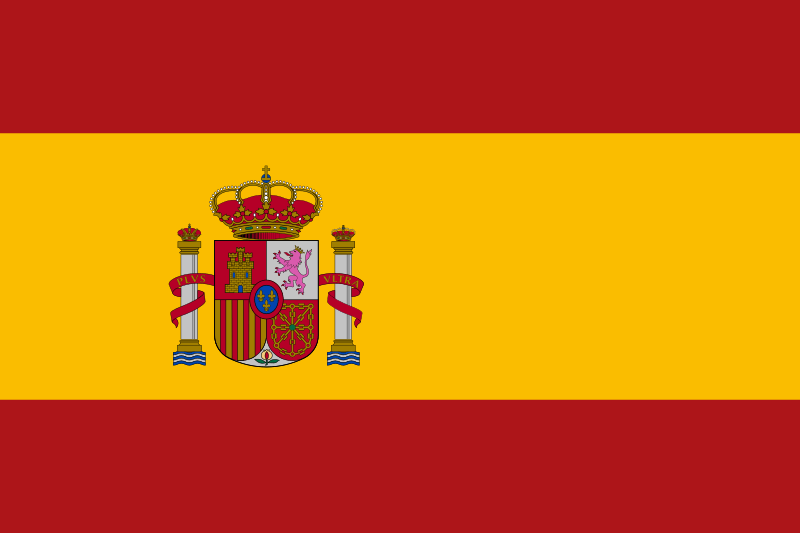Associate Degree of Film
A DEGREE THAT COVERS EVERYTHING FROM CONCEPT TO THE FINAL CUT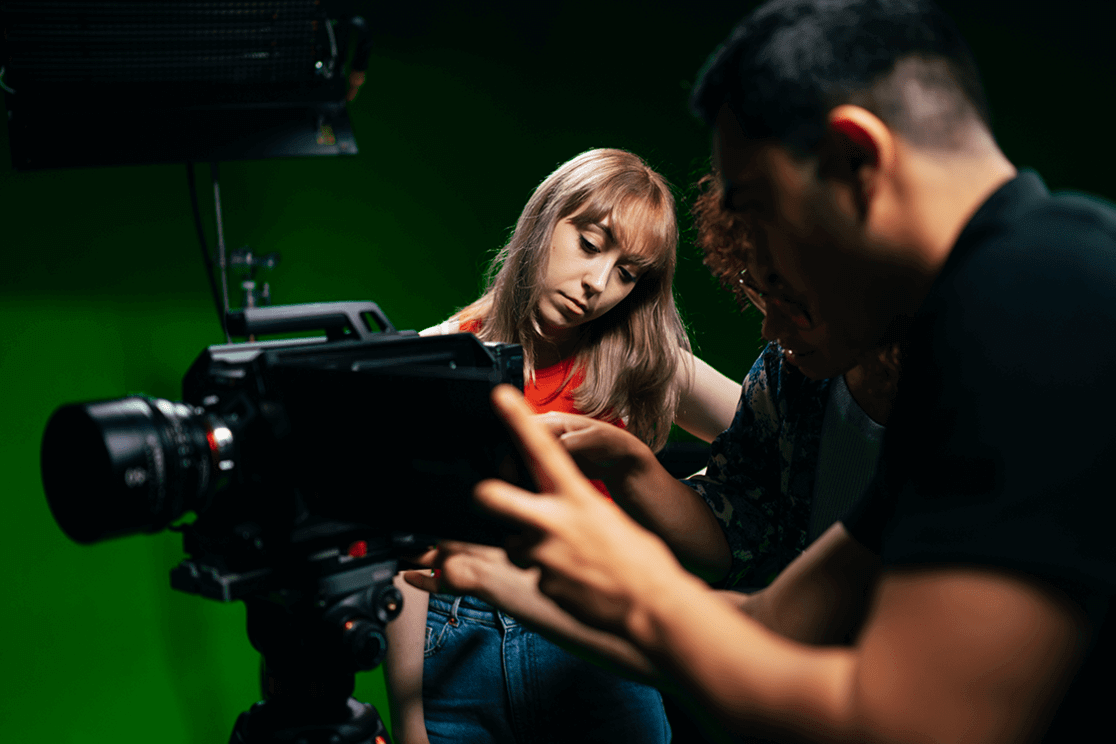
On-Campus
Ideal for students who thrive in a face-to-face environment with access to studios, peers, and in-person support.
- Includes 2 hours of weekly on-campus classes plus 1 hour of national content (online or asynchronous).
- Classes run Monday to Friday, morning, afternoon, and evening, with access to digital resources and support.
- Perfect for hands-on learning, collaboration, and real-time feedback.
Blended Delivery
Designed for those who want the best of both worlds, structured face-to-face learning with online flexibility.
- Combines 2 hours of live (on-campus or online) classes with 1 hour of national content each week.
- Balances in-person connection with the convenience of remote access.
- Supported by SAE’s online learning tools and self-directed study resources.
National Expertise
No matter how you study, you’ll learn from SAE’s national team of expert, industry-aligned faculty.
- Access top educators and specialists across Australia, wherever they’re based.
- Benefit from national masterclasses, guest lectures, and collaborative learning.
- Tap into deep industry knowledge that goes beyond your local campus.
Units x Costs ($AUD)
10 x $2,999
3 x $5,998
Annual Course Fee (Indicative)*
(based on 1.0 EFTSL**)
$23,992 AUD
Plus Student Services and Amenities Fee (SSAF)
* The Annual Course Fee (Indicative) is charged against individual units of study which may increase from time to time and does not take into account personal circumstances such as RPL, credit, repeats and some specialised electives.
** EFTSL (Equivalent Full-Time Student Load) is a measure of a full-time student’s study load for a year. A full-time study load equates to 1.0 EFTSL. Typically, a full-time study load at SAE is 8 units of study over the year, each with an EFTSL value of 0.125.
For more information view the SAE Fee Schedule or visit the Fees & Payment page.
Units x Costs ($AUD)
10 x $3,495
3 x $6,990
Annual Course Fee (Indicative)*
(based on 1.0 EFTSL**)
$27,960 AUD
Plus Student Services and Amenities Fee (SSAF)
* The Annual Course Fee (Indicative) is charged against individual units of study which may increase from time to time and does not take into account personal circumstances such as RPL, credit, repeats and some specialised electives.
** EFTSL (Equivalent Full-Time Student Load) is a measure of a full-time student’s study load for a year. A full-time study load equates to 1.0 EFTSL. Typically, a full-time study load at SAE is 8 units of study over the year, each with an EFTSL value of 0.125.
For more information view the SAE Fee Schedule or visit the Fees & Payment page.
Complete your course faster by studying units over 15 months (4 trimesters).
Complete your course faster by studying units over 15 months (4 trimesters).
Whilst still classified as a full-time study load, you will complete the units over two years (6 trimesters).
If you want to take a little longer, that’s ok too. We’ll help you work out the best study load to suit your needs.
Note: Part-time is not available for international students.
May 2026
September 2026
February 2027
May 2026
September 2026
February 2027
May 2026
September 2026
February 2027
May 2026
September 2026
February 2027
May 2026
September 2026
February 2027
Your creative career starts with SAE
Course Structure
The Associate Degree of Film has two stages that provide foundational learning and applied skill.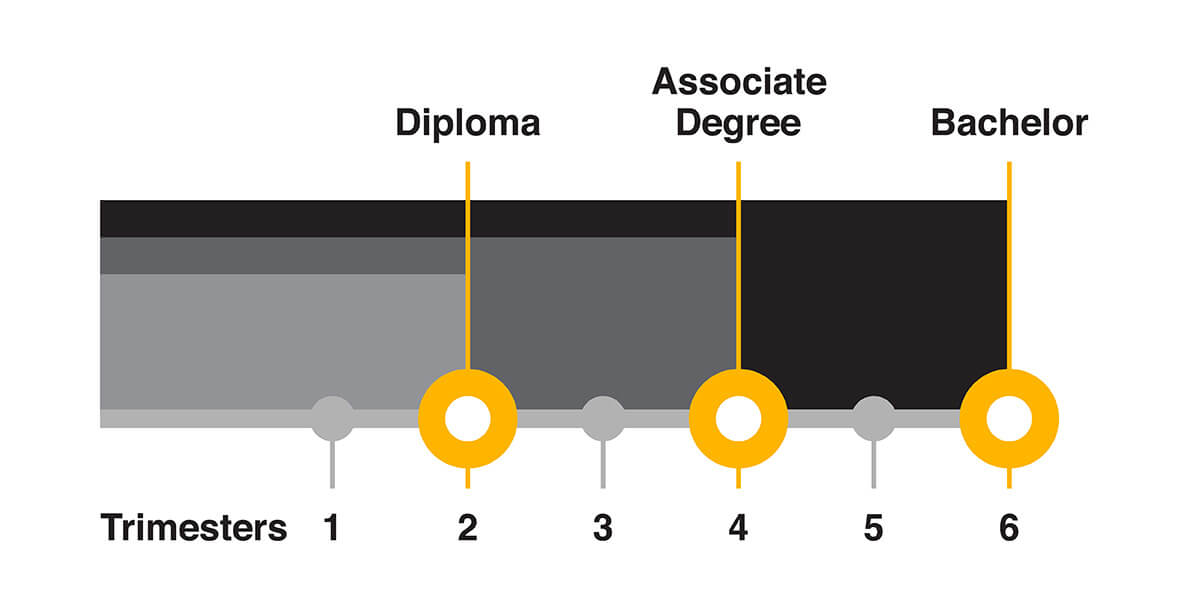
This unit introduces you to the fundamental principles of screen studies, including theory and history, to explore ways in which these principles are connected to screen practice. Emphasis is placed on how these concepts and approaches work within screen production, allowing you to develop analytical, critical reflection and creative thinking skills by applying your understanding of topics in project-based activities. Finally, this unit should assist you in becoming more critically aware of your craft and introduce you to ways of developing your knowledge of screen production.
You will be introduced to the theory and principles of storytelling across a range of contemporary creative media contexts, which will then be applied to the creation of storytelling documents appropriate to your discipline. Theoretical approaches to plot, structure, character, story world, theme and genre will be explored and applied to a range of story development tools to engage your audience. Feedback processes and reflection are essential in the development of engaging stories, and you are expected to document your process and feedback from your facilitator and peers.
You will be introduced to the craft of filmmaking through participation in practical film shoots. Introductory learning of camera exposure, lighting and sound equipment, will be supported by a study of the fundamentals of frame composition and cinematography. The key roles and responsibilities of a working film crew, production processes and protocols are covered, including workplace health and safety. Familiarity with the using film production equipment and its safe assembly is as important in this subject as the technical and creative elements of visual storytelling.
This unit aims to instil a basic working knowledge of the structures, aesthetics and technologies involved in digital post-production. There is a particular emphasis on the editing process, as well as a general introduction to audio mixing, titling, colour grading and authoring processes within an industry-level non-linear editing tool.
Editing techniques and approaches vary between different mediums and this unit focuses on both documentary and drama workflows and file management protocols. Effective communication of narrative is the main focus of the unit, and you will learn to edit for narrative clarity, performance, subtext and dramatic effect. Historical and contemporary perspectives on montage theory and continuity editing theory will be explored to broaden your understanding and approach to the art of editing.
This unit explores the concepts of entrepreneurship, innovation and project design. You will develop approaches to identify promising opportunities and actionable strategies to transform them into tangible successes. Through exposure to developing new ideas, processes and ways of working - both individually and in entrepreneurial teams - you will hone skills to put creative ideas into practice and achieve real-world impact.
As Alan Kay explained, "The best way to predict the future is to create it", so let's get at it!
In this unit, students will draw upon practical theories of screenwriting and engage in industry standard iterative practices to produce high quality screenplays for short film production. The unit will introduce strategies for concept development, provide students with the opportunity to refine supporting documentation such a synopsis, outline or treatment, and guide students in applying stylistic conventions and narrative theories to their story ideas. The unit focuses on communicating strong characters and story worlds on the page, and crafting effective dialogue and scenes that engage audiences emotionally. Screenwriting is a learned craft that requires discipline, perseverance and an understanding of industry practice. You will engage with professional feedback processes as you develop your story concepts through to script stage, and then a pitch deck and final draft script.
In this unit, you will expand your knowledge in the areas of camera and lighting, which are essential skills required to have a career as a Director of Photography. The skills you learn in this unit can be applied to any form of film/TV production; short films, documentaries, music videos, TV commercials etc. You will learn to use technically advanced cameras, prime lenses and follow-focus units, as well as learn to shoot in LOG format (flatter colour space) and utilise LUTs (Look Up Tables) to enhance the look of your footage in colour grading. Lighting fixtures will be utilised in a variety of studio shooting scenarios, including day/night interiors and also green screen sequences. ND Filters will be explored in more detail, adding another creative tool to your filmmaking arsenal. Further focus will be placed on effective shot coverage and framing techniques in both drama and documentary settings.
In this unit, you will collaborate on interdisciplinary projects that blend creativity and technology across fields such as film, audio, music, gaming, design, and computer science. Through project-based learning, you'll explore how different disciplines contribute to innovative outcomes—like immersive installations or interactive experiences. The unit focuses on strengthening communication, problem-solving, and teamwork across creative and technical areas. You'll be challenged to apply your existing skills while embracing new perspectives and ways of working, developing a holistic understanding of contemporary media production and preparing you to deliver complex, boundary-pushing creative solutions.
In this unit, you will step into the dynamic world of filmmaking, mirroring industry processes from conception to distribution. Through hands-on experience, you will navigate the stages of development, pre-production, principal photography, post-production, and distribution. Emphasising a real-world approach, you will collaborate on creating a short film, honing your skills in creative leadership and teamwork as you specialise in a critical production role. FLM216 fosters a holistic understanding of the filmmaking craft and prepares you for the challenges and opportunities in the landscape of the industry.
In this unit, students will strengthen and consolidate their emerging filmmaking skills through the application of industry standard directing and producing techniques. The unit will introduce key principles of scene analysis and directing for students to produce a short showreel scene, and guide students to the best praxical application of directing and producing protocols. The unit focuses on the essential collaboration of directors and producers to work together to deliver high-quality, on-screen outcomes such as complex and realistic actor performances, and a shared creative vision. Understanding the roles of the director and producer and the need to support each other in a collaborative group to realise the best possible on-screen outcomes is an essential part of professional filmmaking, and will establish and hone transferable skills necessary for your work at SAE and beyond.
Creatives have always contributed to real-world problem solving, whether through innovative inventions, creative calls for action, public awareness building, or art and science collaborations. In this unit you will use your interdisciplinary collaboration skills to address a real-world problem. Using different theoretical frameworks within a ‘hackathon’ style studio environment you will produce a prototype that can be presented within SAE, as well as to external stakeholders.
In this unit, you will be introduced to the world of non-fiction film production. You will learn the history, theory and practice of documentary filmmaking, which will aid you throughout the production stages of your own short documentary film. You will plan, pitch, organise, shoot and edit your major project in teams, with each individual team member having a head of department role. You will also identify relevant marketing and distribution methods for your finished work, simulating real-world practices in factual filmmaking. During this process your facilitator will act as your project manager, executive producer, and mentor. The unit will equip you with the knowledge, skills, and practical experience necessary to produce a short documentary film, including demonstrating research of documentary film history and theory, participating in all stages of the production process, and developing marketing and distribution strategies.
This unit seeks to deepen an understanding and proficiency in advanced techniques. It delves into sophisticated methodologies across color grading, visual effects, sound design, and advanced editing. Through rigorous exploration and practical application, students will gain insight into the complexities of post-production workflows and refine their technical skills. Emphasizing critical analysis and practical exercises, this academic unit provides a platform for participants to engage in scholarly discourse, collaborative learning, and hands-on experimentation. By interrogating theoretical frameworks and industry practices, participants will develop a nuanced understanding of film post-production and enhance their ability to produce compelling cinematic works.
Learn using Industry Tools & Software







ASSOCIATE DEGREE OF FILM
The Associate Degree of Film course at SAE puts you in the spotlight from day one, helping you gain the practical experience and technical knowledge needed to launch yourself in the world of motion pictures.
Starting with the fundamentals and rolling through to the finer, more complex aspects of cinematography, you’ll acquire a very particular set of skills during your time at SAE. Choose to specialise in either Production – where the focus is on directing and producing, or Post-Production – where you’ll refine your skills in editing, compositing, and colour grading.
Your growth and development as a creative practitioner will be assessed through the completion of industry-based projects. This will ultimately help you build up a body of work and portfolio to share with potential employers or your first client.
In preparation for an industry that commands agility and adaptability, you’ll cut your creative teeth on projects alongside your peers. As your skills develop and you work on more dynamic projects, you’ll apply your experience to cross-discipline projects in audio, games, design, or animation. By the end of your course, you could be collaborating with fellow students across all SAE’s disciplines.
With an Associate Degree of Film, you’ll be ready for cutting-edge industry roles using modern creative business concepts and strategies. Career options include Video Editor, Film Producer, Broadcast Specialist, or Camera Assistant.
Making the leap from being a fan of the film to becoming a force in the film happens at SAE.

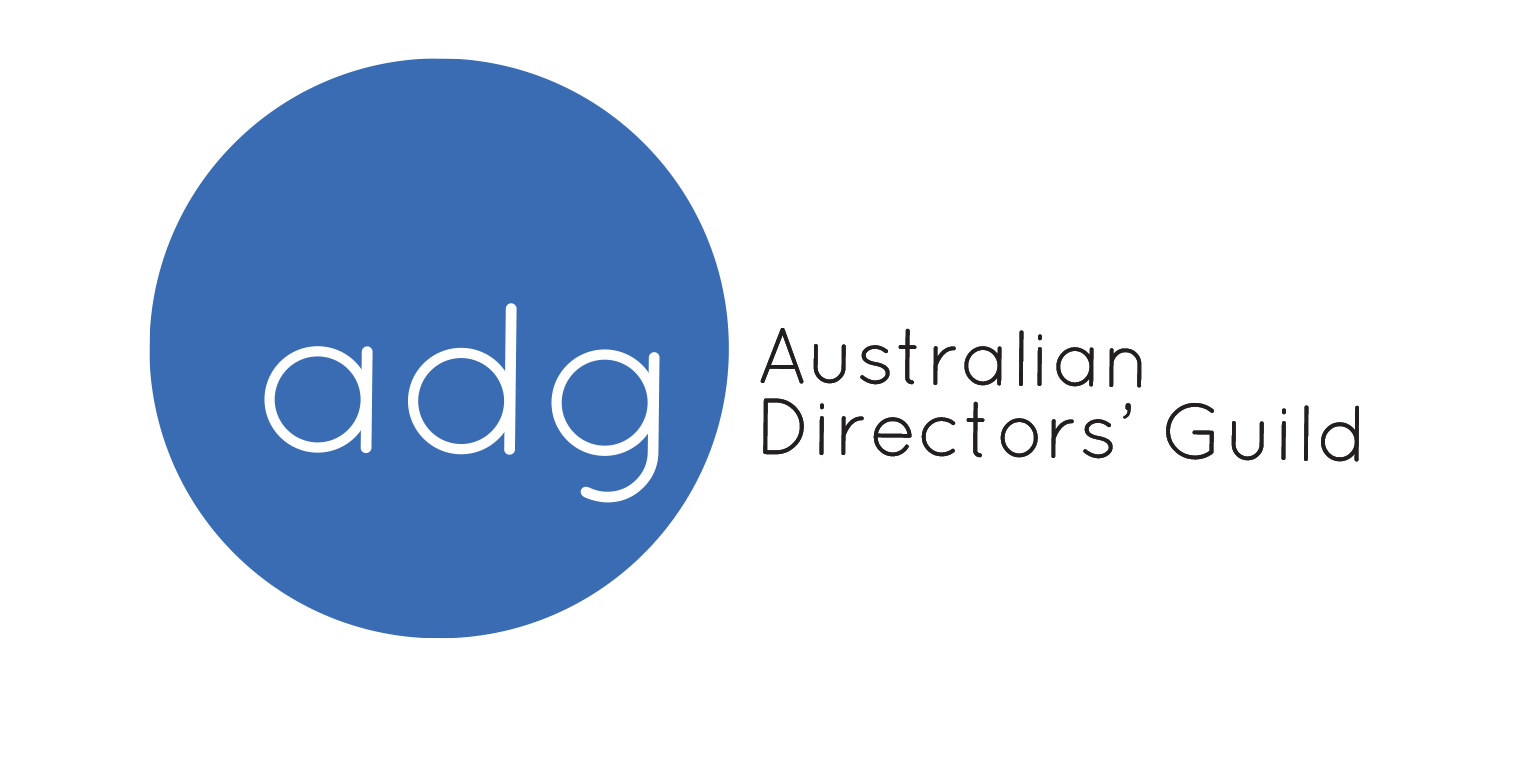
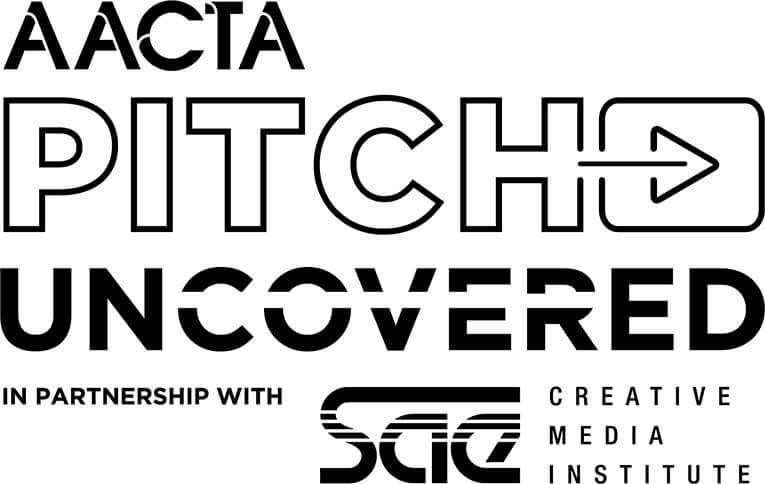
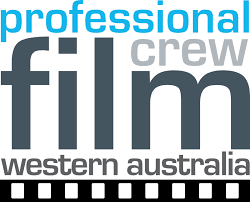

SAE University College has announced a new partnership with globally renowned design and visual effects studio FIN, placing the opportunity for students to get real-world industry experience through extended work placements at the centre of SAE’s VFX and Virtual Production course offerings.
Meet your film mentors
What our students say about SAE

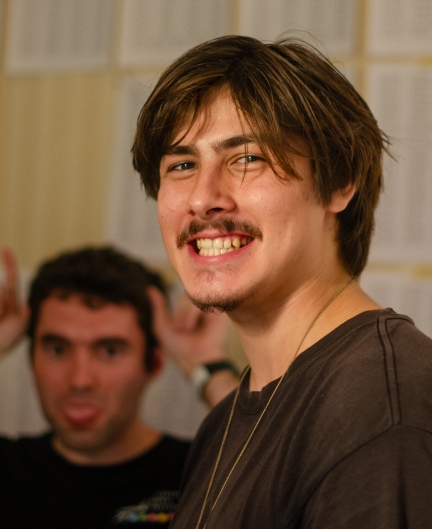
Jovian Ubukata
Bachelor of Film, graduated 2024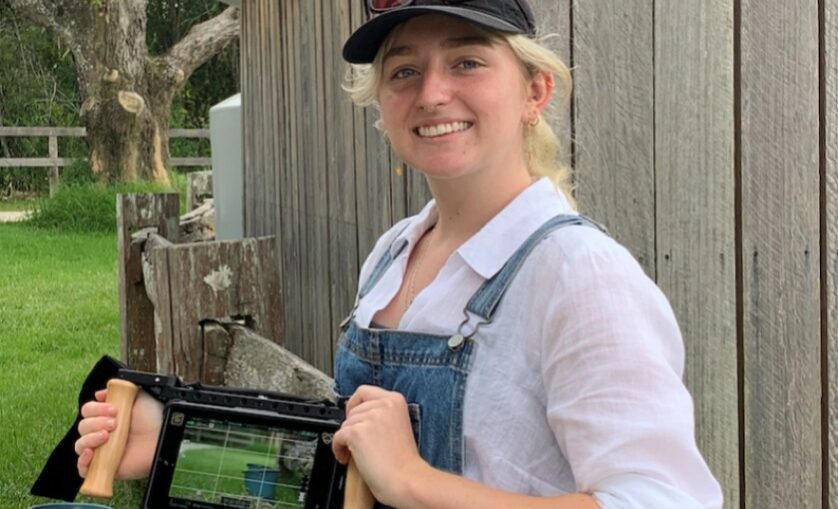
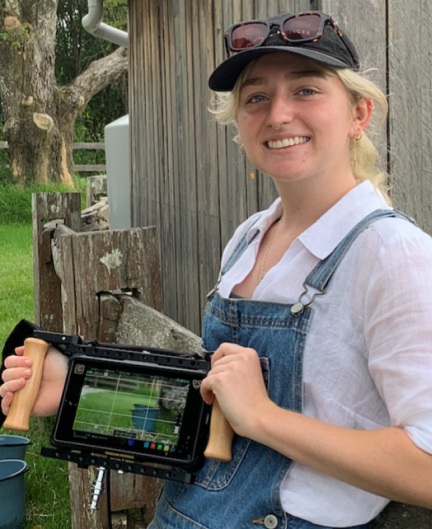
Mia Charleson
Bachelor of Film (Production), graduated 2024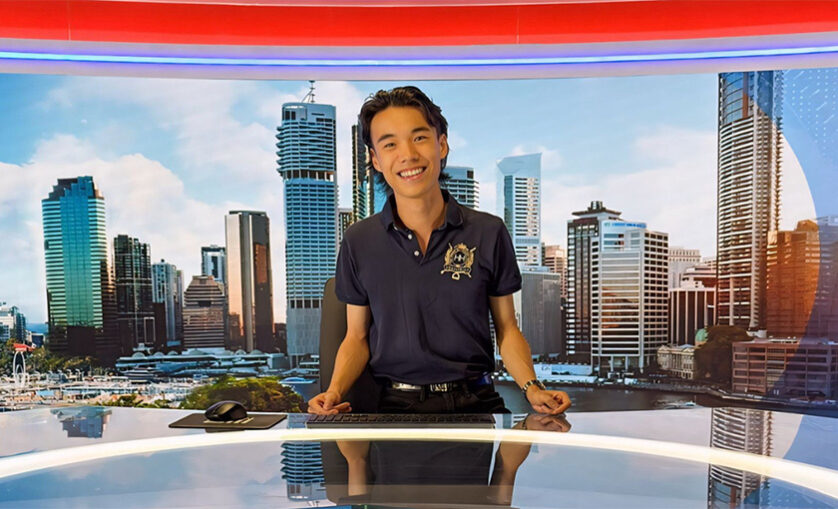

Hayden Huynh
SAE Alumni | Current Job: Producer, Channel NineSAE Associate Degree of Film offers:
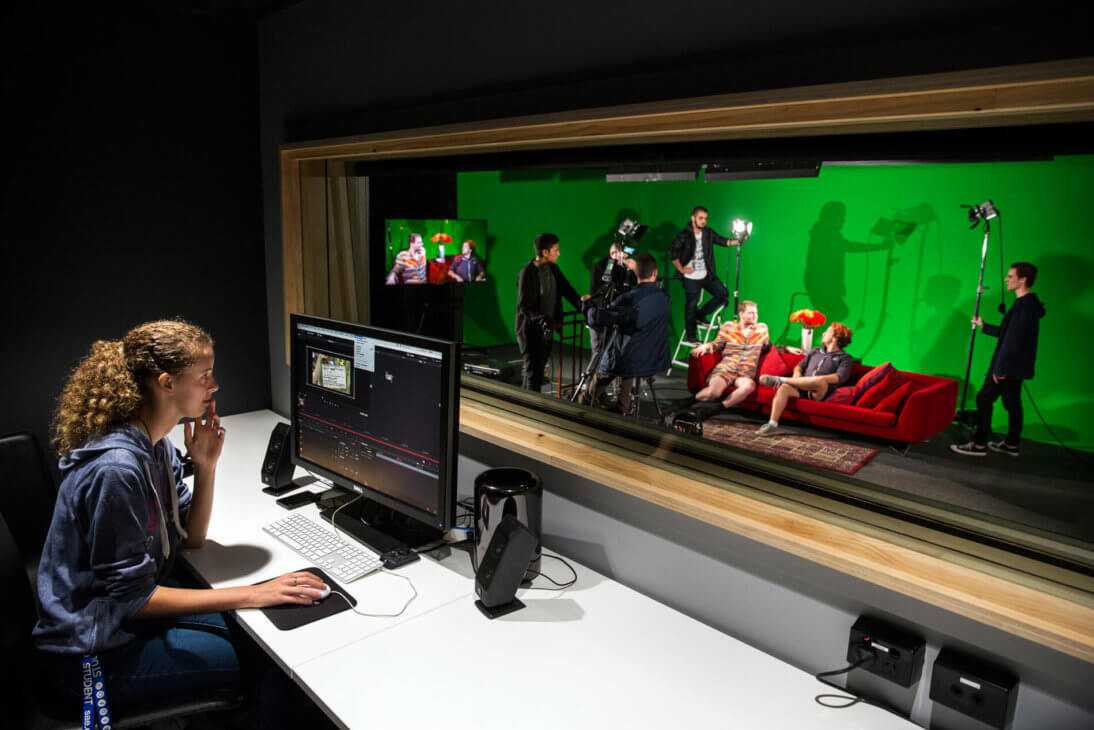
YOUR CAREER IN FILM BEGINS NOW
Film Skills
FEE‑HELP* is an Australian Government loan scheme that assists eligible fee paying students pay all or part of their tuition fees. It cannot be used for additional study costs such as accommodation or text books. The total amount of FEE‑HELP a person can use is known as the ‘FEE‑HELP limit’.
Once a person begins using FEE‑HELP, the amount of FEE‑HELP they have left to use is known as their ‘FEE‑HELP balance’.
* Terms and conditions apply. For the latest updates regarding FEE-HELP please refer to sae.edu.au/fees
SAE has three intakes per year: February, May and September. Short courses and certificates courses may have different intake timings. View our academic calendar for trimester start dates or contact your campus for further information.
Equipment is available for on and off campus production work, with some changes to the hire and use of equipment, guided by health and hygiene protocols. We have made some slight adjustments to teaching and assessments to ensure that projects will not be impacted. For more information about hiring equipment and booking studios, please contact Student Services or the Tech Team at your campus.
Easy transition into the Bachelor of Film
SAE Diploma, Associate and Bachelor Degrees are structured in an integrated course framework.
This means that when you complete an SAE Associate Degree of Film you will be awarded the maximum credit points available, providing you with the opportunity to seamlessly transition into the higher level Bachelor degree qualification if you choose to do so.
CREDIT AND RECOGNITION OF PRIOR LEARNING
SAE may recognise your prior learning and may grant credit towards satisfying the requirements for a higher-level program. This is applied where previous learning is considered equivalent to the content and learning outcomes prescribed for units within the program.
For full details, please refer to SAE’s policy on recognition of prior learning and credit transfers.
